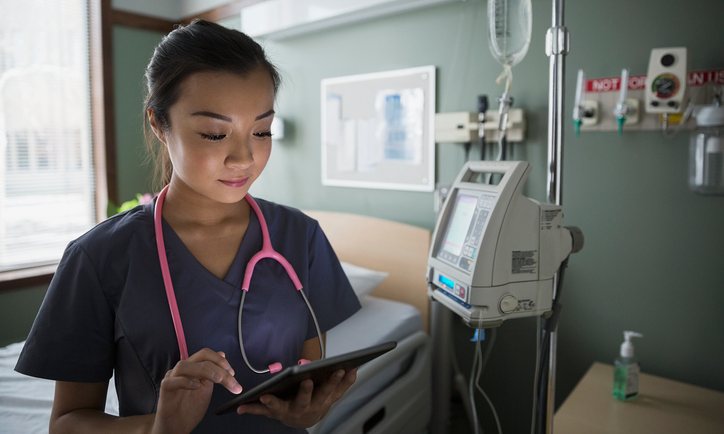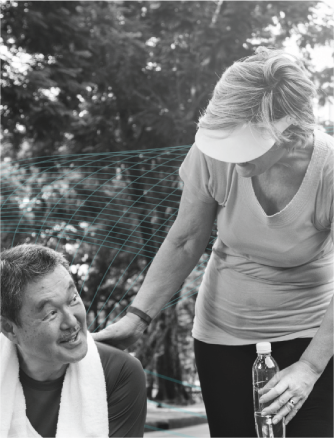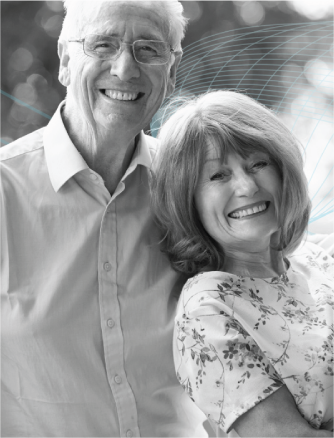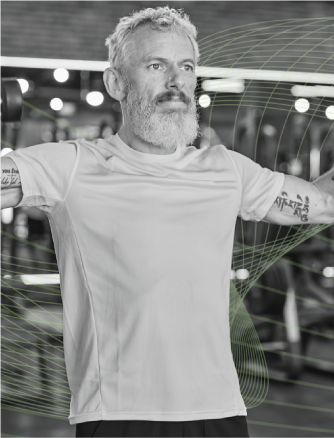That the average healthcare experience will happen with just a few taps of a smart-device is no longer science fiction. Eradicating wait-times, endless paperwork, and the trek to a doctor for simple injuries, common diagnosis, or chronic-care check-ins are just some of the processes that online medical practices like Sherpaa and the search engine Melody aim to eliminate.
Sherpaa allows users to connect with doctors via text, phone, or email. Sherpaa’s CEO foresees that everyone will have a master health profile, like a Facebook account, that will aggregate health data and activity. Providers will access, search, and use that data to improve patient care. Melody is a chatbot where users input their symptoms and the bot compares those against a data library. A diagnosis is then presented to a physician who takes over the case.
Data
Change is on its way but there are key steps that need to be taken before it can happen in a meaningful way. Dr Bob Wachter, chair of the department of medicine at the University of California, San Francisco, explains:
“If I’m seeing you in the emergency room, I really need easy access to your past medical problems and procedures, and you’re going to get better care as an individual if I don’t have to search and cobble it together, which is the way it is today. And doing it truly at scale is just not doable right now because all the records don’t live in one place.”
Applications
Once health records are consolidated and unified, once a library of health data, like the one Melody is creating, has been amassed then Big Data will really begin to change healthcare. Dr Leslie Saxon, the founder and executive director of the University of Southern California’s (USC’s) Center for Body Computing, says that roughly “80% of tomorrow’s healthcare will be in the form of digital delivery diagnostic platforms.” Analysis of health data will allow human doctors to rapidly compare similar cases, conditions, and symptoms at any time which will speed up the diagnosis and treatment process—and easily allow for this process to be done at distance.
Read more here: http://www.digitaltrends.com/features/as-tech-trickles-in-medicine-is-about-to-hit-warp-speed/






